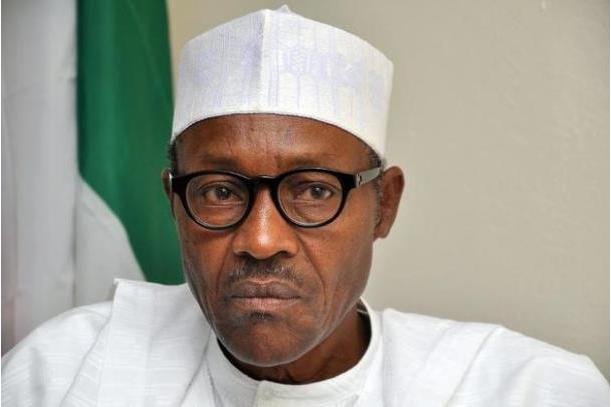Latest News
Buhari plans N6.8 trillion budget for 2017 to restore economic growth

News Highlight
- The government's plan projects a GDP growth of 3.02 per cent in 2017 and exchange rate of N290 to the U.S. dollar.
President Muhammadu Buhari on Tuesday sent the Medium Term Expenditure Framework (MTEF) and Fiscal Strategic Paper (FSP) for 2017-2019 to the National Assembly for consideration. The MTEF and FSP documents, which were sent to the parliament in compliance with the provisions of the Fiscal Responsibility Act 2007, detail the administration’s plans to spend N6.866 trillion ($21.8 billion) in 2017 to pull the economy out of its first recession in 25 years.
The proposed spending for 2017 is 13.3 per cent higher than N6.06 trillion ($19.2 billion) budget for 2016, which is Nigeria's biggest budget to date. The MTEF and FSP have to be approved by the National Assembly before the 2017 budget will be finalised and presented to the Joint Session of the National Assembly by the President.
"The thrust of the fiscal year 2017 budget is to restore the economy to a sustainable inclusive growth path," the federal government stated in the MTEF document. The Nigerian economy slipped into a recession in the second quarter of 2016 after contracting in two consecutive quarters by 0.36 per cent in Q1 and 2.06 per cent in Q2. The International Monetary Fund (IMF) said on Tuesday it expects Nigeria’s GDP to contract by 1.7 per cent in 2016 compared to an earlier forecast of -1.8 per cent in July.
The government's plan also projects a GDP growth of 3.02 per cent in 2017 and exchange rate of N290 to the U.S. dollar. Although the country's recession has largely been attributed to the failure to meet government's oil output target due to the decimation of oil infrastructure by Niger Delta militants in the oil producing region, the government's proposed plan assumes oil production of 2.2 million barrels per day in 2017 and benchmark price of $42.50 per barrel. Oil production is expected to rise to 2.3 million bpd and 2.4 million bpd in 2018 and 2019 at an average price of $45 per barrel and $50 per barrel, respectively.
The government proposes to increase the recurrent (non-debt) expenditure by N217.42 billion and capital payments by N177.6 billion in 2017 over the 2016 estimates. N2.7 trillion was budgeted for recurrent (non-debt) expenditure, while N1.59 trillion was allocated for capital expenditure in this year's budget. As of September 2016, only about N420 billion had been released for capital votes for this year.
According to the government proposed spending plan, the focus is to "utilise targeted spending in critical sectors that have quick transformative capabilities."
The government also expects inflation to moderate to 12.92 per cent next year. The country's inflation rate reached an 11-year high of 17.6 per cent in August.
Related News
Latest Blogs
- Threats and mitigation strategies against plastic waste in agriculture
- Iran v Israel, what it means for Nigeria
- CBN’s new false solutions for the banks
- Tinubu, Fubara, Wike and the fragility of democracy
- Historical insights for Nigerian Cabotage Vessel Financing Fund
Most Popular News
- Artificial intelligence can help to reduce youth unemployment in Africa – ...
- Allianz identifies wildfires as a growing global threat
- UNESCO highlights economic, cultural potential of Africa's book industry
- Mobile industry emissions cut must double to hit net zero
- Global carbon pricing mobilises over $100 billion for public budgets
- Global foreign direct investment falls for second consecutive year – UNCTAD









